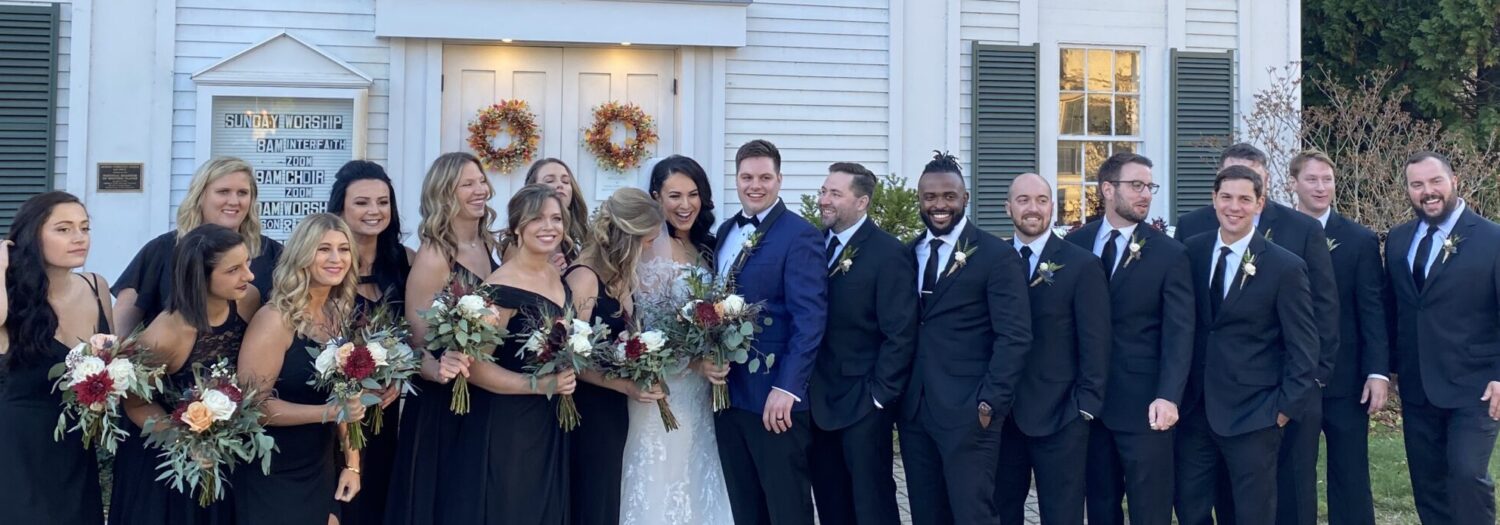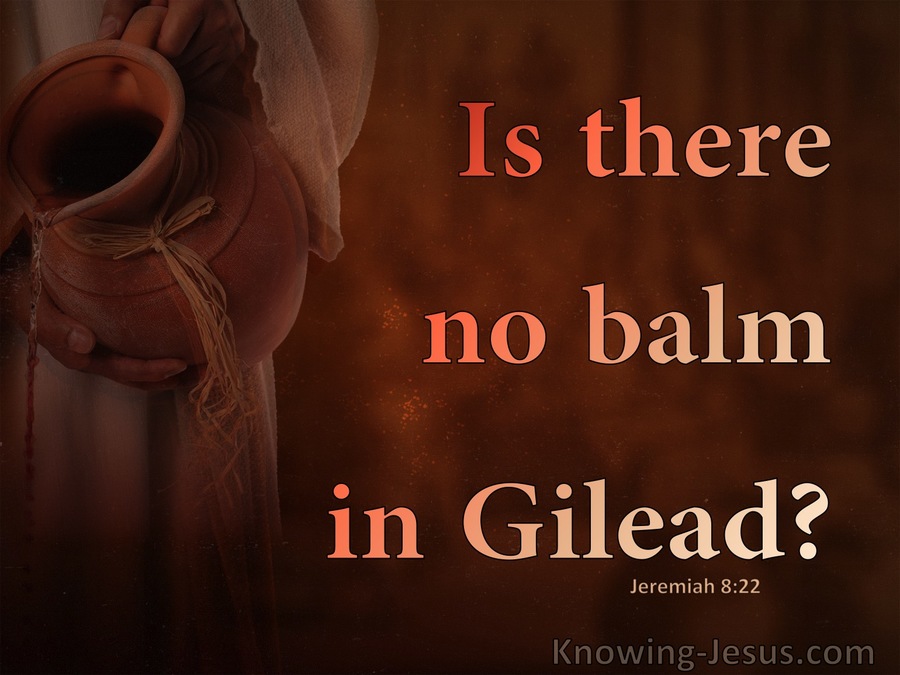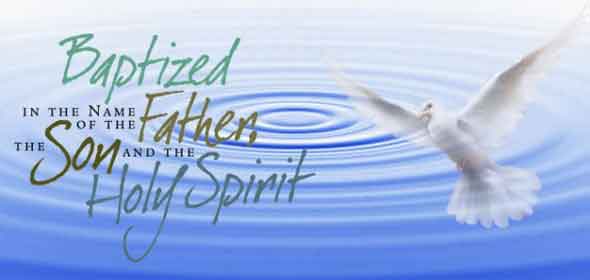Reflections on fish, and their connection to our call to be stewards of creation & fishers of people: themes from Taste & See
… a fish is the movement of water embodied, given shape … — Doris Lessing Many men go fishing all of their lives without knowing that it is not fish they are after. — Henry David Thoreau Chance is always powerful. Let your hook always be cast; in the pool where you least expect it, […]




